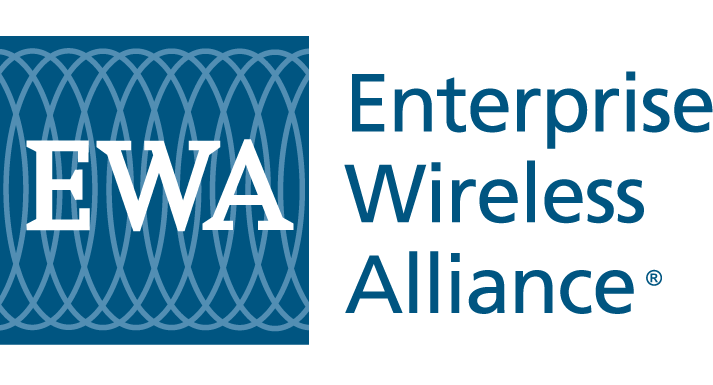Spectrum Warehousing — EWA Seeks to Close Loopholes
September 13, 2016 (Herndon, VA) — Earlier this month, the Enterprise Wireless Alliance (EWA) filed a letter with the Federal Communications Commission (FCC) seeking clarification on how many channels an 800/900 MHz Business/Industrial Land Transportation (B/ILT) applicant normally could expect to receive during the initial frequency advisory committee certification process if it were planning to operate a non-for-profit Specialized Mobile Radio (SMR) system when no one, not even the applicant, has any idea how many entities it will eventually need to serve. Similarly, EWA requested clarification on how many channels should be initially assigned to a radio rental business. Should the number of channels be based on the number of radios the applicant intends to maintain in inventory, even if its experience is that only some percentage of those radios are rented and actually in use at any time?
These types of applications tend to create the potential for spectrum warehousing. Even if EWA and other interested frequency advisory committees are not responsible to verify the accuracy of an applicant’s mobile count, EWA’s advice on such FCC requirements is frequently requested.
“Over decades, B/ILT applicants representing the mass transit, airline, manufacturing, utility, agriculture, energy and other business enterprise sectors have generally honored the FCC’s expectation that applicants not overstate the amount of spectrum they require to serve their communication requirements,” EWA President Mark Crosby noted. “What is not particularly clear is how the rules apply to B/ILT applicants that propose to provide either service to eligible users on a not-for-profit or intend to enter the radio rental business. We simply do not have the luxury of permitting applicants to secure more spectrum than perhaps they will ever need, as it is near impossible at the moment to have licensees on their own return excess spectrum,” Crosby concluded.
About the Enterprise Wireless Alliance
EWA is an FCC-certified frequency advisory committee that provides license preparation, spectrum management and associated services to business enterprises, private carriers, public safety entities and wireless sales and service organizations. Membership within EWA is open to users of wireless communications systems, vendors, system operators and service organizations. Additional information about membership and services is available at www.enterprisewireless.org.
